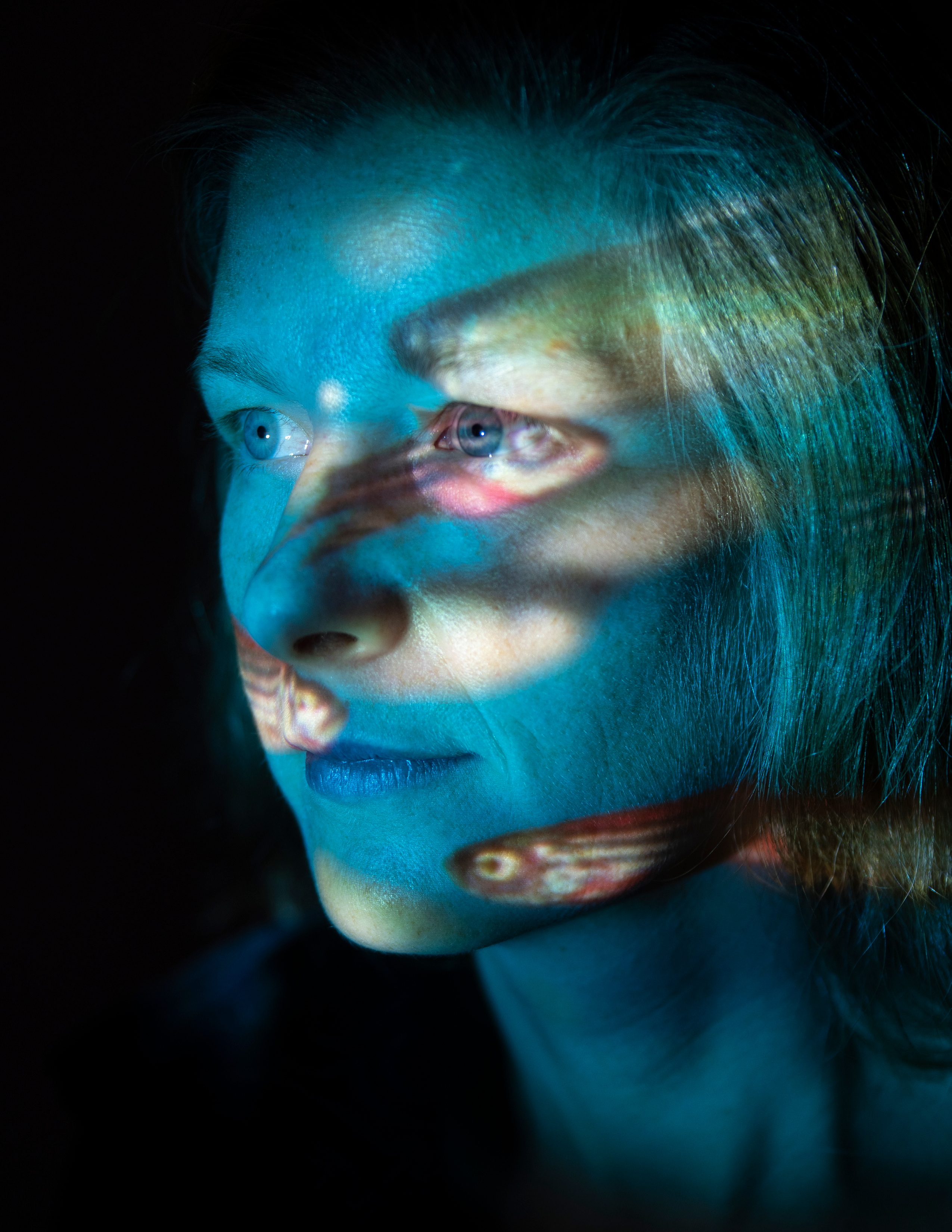06 June 2022
If you were a kid in the 80s, or are a fan of retro video games, then you must know Frogger. The game can be quite a challenge. To win, you must first survive a stream of heavy traffic, only to then narrowly escape oblivion by zig-zagging across speeding wooden logs. How does the brain know what to focus on within all this mess?
26 May 2022
Ar Event - Evolving emotions: getting a feel for the world
Today, the general view about the role emotions play in our lives has radically evolved, and the importance of emotions throughout the animal kingdom has finally been recognised. Charles Darwin already intuited 150 years ago when he wrote that emotions are “a universal means of communication” across the animal kingdom. As for us humans, we now know that emotions literally shape every aspect of our lives, including things as unique to our species as rationality and morality.
19 May 2022
Better Keep The Instructions
Who hasn't felt the temptation to fling a lengthy manual into the bin, or just drive on instead of asking for directions? After all, following instructions is often tiresome, and we can just figure it out on our own… Or can we? A study published today (May 19th) in the scientific journal Nature Human Behaviour challenges prevalent theories about our capacity to solve complex problems and how certain mental disorders influence it.
16 May 2022
National Scientist's Day 2022: The Birth of a Scientist

Sabine Renninger
POST DOCTORAL RESEARCHER, VISION TO ACTION LAB
"Have you ever walked to school or work and suddenly seen something that has always been there but that you never noticed before? Since childhood, such moments have made me wonder about what the world really looks like and what is just my perception of it.
06 May 2022
Newly discovered neural network gets visual and motor circuits in sync
A fruit fly walks on a small styrofoam ball fashioned into a floating 3D treadmill. The room is completely dark, and yet, an electrode recording visual neurons in the fly’s brain relays a mysterious stream of neural activity, rising and falling like a sinusoidal wave.
When Eugenia Chiappe, a neuroscientist at the Champalimaud Foundation in Portugal, first saw these results, she had a hunch her team had made an exceptional discovery. They were recording from visual neurons, but the room was dark, so there was no visual signal that could drive the neurons in that manner.
11 April 2022
International consortium, including CF researchers, finds a way to increase the effectiveness of radiotherapy in brain metastases
The team, headed by Manuel Valiente from CNIO, which counts with the contributions of scientists from other Research Centres, namely the Champalimaud Foundation, found that a simple blood test can help detect patients with resistance to brain radiotherapy and identified a drug that might reverse it. A multi-centre clinical study is now under way to validate the predictive potential of this biomarker through the National Brain Metastasis Network (Spanish acronym: RENACER).
The study is being published in Nature Medicine this week.
17 March 2022
Brain Awareness Week 2022
At long last, this year CR researchers were finally able to celebrate Brain Awareness Week in the best way possible - doing science with kids! The activities took place over two days, one at a school in Amadora and the other at Lisbon’s Science Centre, called “Pavilhão do Conhecimento”.
10 March 2022
A question of control
We've all been there… Trying to reach an actual person when calling customer support, getting a baby to fall asleep, looking for something good to watch on TV… At some point, you invariably find yourself wondering -- do my actions actually make a difference?
03 March 2022
Tiny research hero now fully mapped
Fruit flies have played a leading role in biological research for over a century, ever since Thomas Hunt Morgan used these tiny insects to discover that genes reside on chromosomes, essentially uncovering the mechanical basis of heredity. Many scientists followed in Morgan’s footsteps and several went on to win a Nobel Prize for their groundbreaking discoveries using this small model organism.
